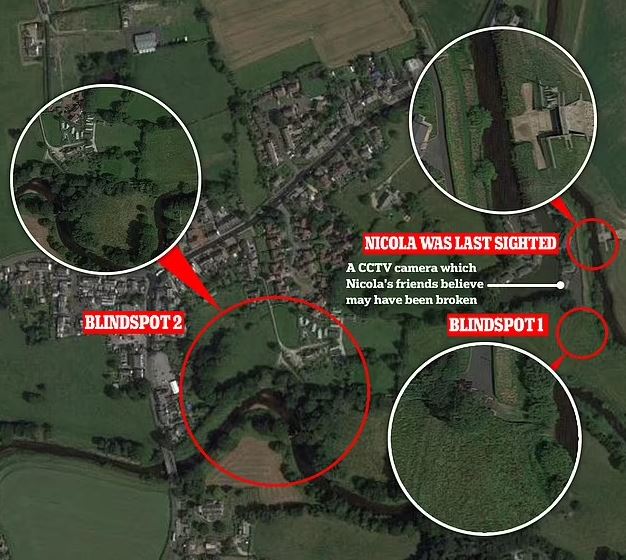Was chatting to my insurance guy the other day, and the result of said discussion was that as far as my VW Tiguan is concerned, I’m screwed if I ever get into a wreck because the book value of the 2013 model with 130,000+ miles is in the single-figure thousands.
This would be barely enough for a deposit on a “new” (i.e. second-hand) replacement, assuming I could even find one in acceptable condition — mine is near-perfect because I look after my cars, and it has the “leatherette” seats which are like hen’s teeth in this model. (I’m a huge fan of the Tiggy because I’ve owned two, consecutively, and neither ever gave me any trouble, for a total of 210,000 miles.)
And to continue on the math of the thing, a $5,000 deposit would result in a $450+ monthly car payment, which I can’t afford #CrappyCashFlow.
So I’m stuck with what I’ve got, and the only thing I’ve got going for me is that a month’s total driving tops out at about 200 miles. Had I not done Uber for a couple years, the mileage would now stand at about 40,000 miles, but I had no option in the matter (did I already mention #CrappyCashFlow?).
Anyway, I’ll just have to be careful out there, as a wise TV cop once said.
But there is an advantage to not having a modern — i.e. 2015+ — model, in that the electronics of the Tiguan are minuscule: no keyless entry, no mapping software or any of that jive. In fact, other than electric windows and -rearview mirrors, it’s about as electronics-free as one could imagine: no seat “memory”, no “touchless trunk-closer”, none of any of those apparently-must-have “features” which are now common in cars nowadays. Hell, my Tiggy doesn’t even have an Event Data Recorder (EDR) chip installed (that came after the 2014 model year).
This non-modernism is a real advantage when it comes to dealing with bastardy of this nature:
In a world where privacy is becoming increasingly elusive, drivers are facing an invisible foe that could be costing them money. A New York Times report details how automakers are sharing information on driving habits with insurance companies which can have a harmful impact on people’s wallets.
Insurance companies have “offered incentives to people who install dongles in their cars or download smartphone apps that monitor their driving, including how much they drive, how fast they take corners, how hard they hit the brakes and whether they speed.”
Car companies have established relationships with insurance companies, so that if drivers want to sign up for what’s called usage-based insurance — where rates are set based on monitoring of their driving habits — it’s easy to collect that data wirelessly from their cars.
But in other instances, something much sneakier has happened. Modern cars are internet-enabled, allowing access to services like navigation, roadside assistance and car apps that drivers can connect to their vehicles to locate them or unlock them remotely. In recent years, automakers, including G.M., Honda, Kia and Hyundai, have started offering optional features in their connected-car apps that rate people’s driving. Some drivers may not realize that, if they turn on these features, the car companies then give information about how they drive to data brokers like LexisNexis.
Here’s the thing: I am one of the world’s most careful drivers; in fifty-odd years of driving, I’ve had two wrecks of any consequence (and none at all in the past forty years) and two — count ’em, two — speeding tickets (both for doing less than 50 in a 40mph zone). That’s it.
So if anyone would qualify for a lower insurance premium, assuming that I’d agree to let my insurance company snoop on my driving, it would be me.
But I’ll see them all burn in hell before I agree to this bullshit. Fuck these assholes, fuck their Big Brother snooping, and fuck any car company who goes along with this foulness. I’ll stick with my old ‘un, thankee:

No wonder ol’ Fred’s smiling. He doesn’t have to put up with all this bullshit.


